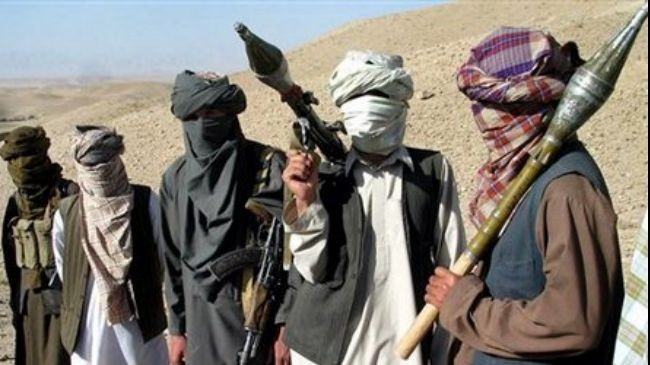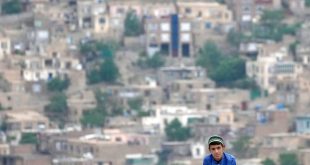Afghanistan’s ambassador to the United Nations said his country has been under an assault from an unprecedented convergence of the Taliban insurgents, over 7,000 foreign fighters, and other violent groups including the Islamic State (IS). The Islamic State, for many in Afghanistan, is nothing new rather the rebrand of some of the disgruntled Taliban elements or those who want international fame and the resources of the IS. In a presentation to the United Nations Security Council before it pass a resolution condemning the attack on Afghan Parliament, last week, Zahir Tanin said the militant groups have been striving to control strategic districts and provinces of the country. He told the Security Council that a pessimist estimation shows there are more than 7,000 foreign militants in Afghanistan, including Chechens, Pakistanis, Tajiks, and Uzbeks.
Suicide bombings, IEDs, hostage-taking and assassinations are some of the terror tactics they have been using to unleash terror across the country. The main objective is to destabilize the country, to storm Kabul once again, turn Afghanistan into a hotbed for international terrorists, to destabilize Central Asia and even pose threats to China. This time, the Taliban will not remain confined only to Afghanistan, but since IS has also emerged on the scene, which is why Taliban’s designs will not remain limited only to Afghanistan. In the past, al-Qaeda and the Taliban were allied but now IS and the Taliban are rivals. Unlike al-Qaeda, the IS doesn’t seek Afghanistan as a safe haven to be used to expel foreign forces from the Arabian Peninsula but a province of the Islamic Caliphate. Back in 1990, al-Qaeda had no opportunity to thrive on its own soil while IS has been capturing cities after cities in many Arab countries. Since IS has also barged into the war theater here in Afghanistan, the battle has been becoming fierce and deadliest. Nicholas Haysom, the United Nations envoy to Afghanistan, informed the Security Council that Afghan forces have been stretched and tested. They face numerous operational challenges. What he said is quite satisfactory. He informed this international security body that Afghanistan has been meeting its security challenges even in the face of the gnawing conflict. He said the commitment of Afghan troops was beyond question.
Now that Afghanistan has been facing a deadliest terror wave, the international community needs to keep continue supporting our armed forces so that the gains made during the last 14 years couldn’t be reversed. Moreover, security policymaker must try to reach to the fathom of the Taliban and the IS strategies as why the Taliban have been trying to capture northern parts of the country and why the IS has been focused on growing its presence in eastern Nangarhar province. Policymakers in Afghanistan and the United States must not downplay what Haysom said. He said that Afghanistan is one of the 10 poorest countries in the world, increasingly finding itself in the forefront of fighting against the terrorists whose origins are the neighbors, and possibly whose eventual destination are its neighbors. His views reflect the exact views of Afghans as many analysts in Kabul feel Pakistan has been trying to divert the attention from eastern region of Afghanistan where Pakistan has had long supported the Taliban. Under a well orchestrated plan the Taliban have shifted their focus to the north while providing space to the IS to gain influence in Afghanistan’s eastern parts. The Afghans know who is behind terrorism in the country. And the world too knows who is supporting militancy in Afghanistan. But just knowing is not enough, Afghanistan and the democratic world, will have to take a joint step to curb terrorism and scold the states that support terrorism.
 Afghanistan Times
Afghanistan Times


